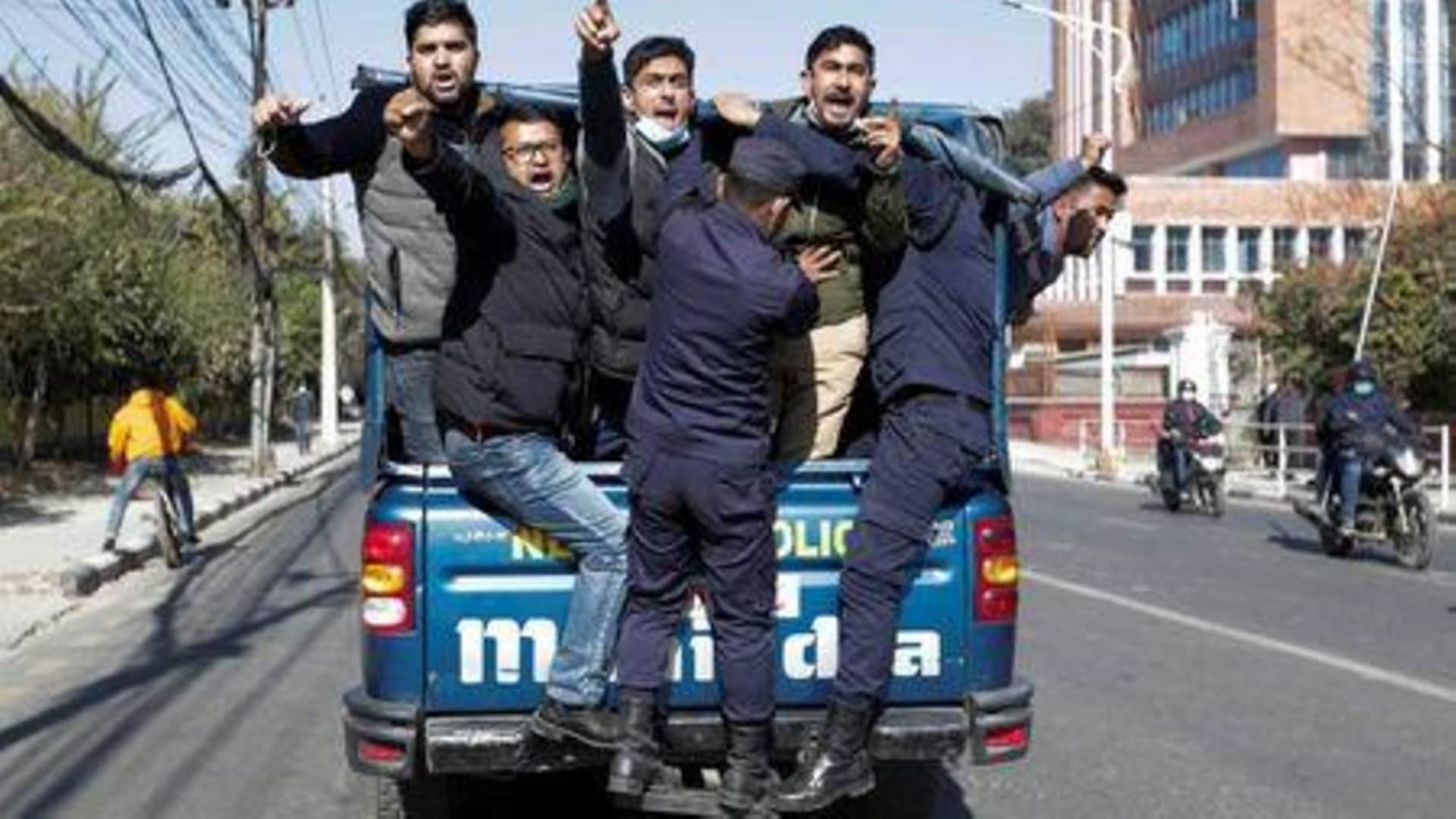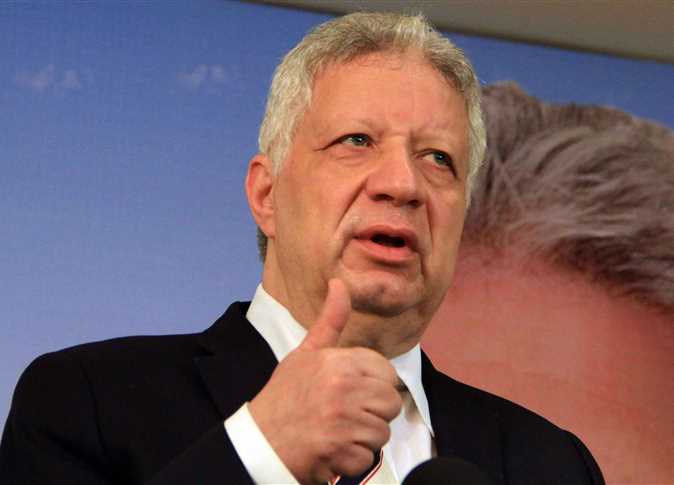A little more than a month before voting is set to begin and five days after candidates began registering their campaigns, the High Election Committee clarified some of the laws governing the upcoming parliamentary elections, but still left some important questions unanswered.
Local NGOs will be allowed to monitor the election after submitting a request to the National Council for Human Rights, a semi-governmental organization, Abdel Moez Ibrahim, the head of the committee said. The registered NGOs will be allowed to inspect ballot boxes inside polling stations.
International NGOs that wish to monitor the election however must submit their requests to unspecified “sovereign entities,” according to Ibrahim. Before backtracking, the ruling military council announced in July that it would not allow foreign election monitors.
Judges will also monitor the election, as they have in the past, Ibrahim said.
“Judicial monitoring is a revolutionary request,” he said.
“I trust SCAF and the Ministry of Interior in terms of the security of the elections,” said Ibrahim.
Many analysts and political forces worry that the elections could be marred by violence. Previous elections saw clashes between supporters of opposing candidates, particularly in areas dominated by tribal affiliations. The recent violence at Maspero, in which at least 28 people died, has raised additional fears about safety during the elections.
Ibrahim failed to clarify whether or not Egyptians living out of the country will be allowed to vote, dismissing this issue as beyond the scope of his committee. He also said the cabinet must ask for the committee's opinion about the Treachery Law, a law that could be used to keep members of the former ruling party from being in the next government. However, the cabinet does not need to take the High Election Committee's opinion into account when deciding whether or not it will enforce the law.
The committee, which is responsible for coordinating logistics during the election as well as enforcing electoral laws, also announced a set of rules governing how candidates will campaign.
Candidates cannot spend more than LE500,000 on campaigning in their districts, Ibrahim said, and are limited to LE250,000 during any run-off elections. All candidates will have equal air time on state TV, Ibrahim said.
Candidates will not be able to use universities, places of worship, public spaces, public money or religious slogans for their campaigns.
These regulations will apply to candidates running for the list-based seats as well as those running for the seats open to individual candidates. Ibrahim also announced that the deadline for application of candidacy has been extended until 22 October. Submissions were previously set to end on 19 October.
Ibrahim also announced that the High Electoral Committee plans to enforce the electoral participation law as amended by SCAF earlier this month. This includes an LE500 fine for anyone eligible to vote who fails to show up at the polls. Ibrahim said their names will be passed on to the general prosecutor.




